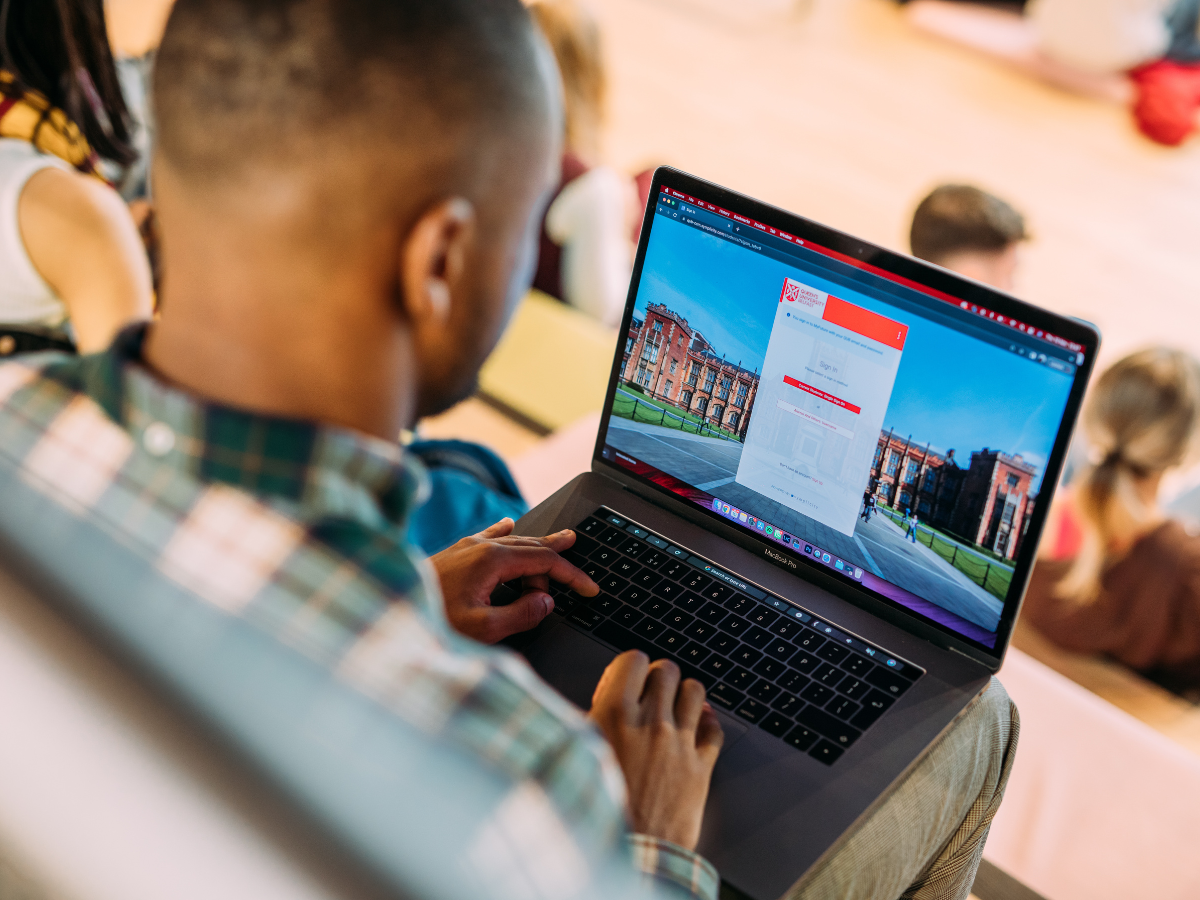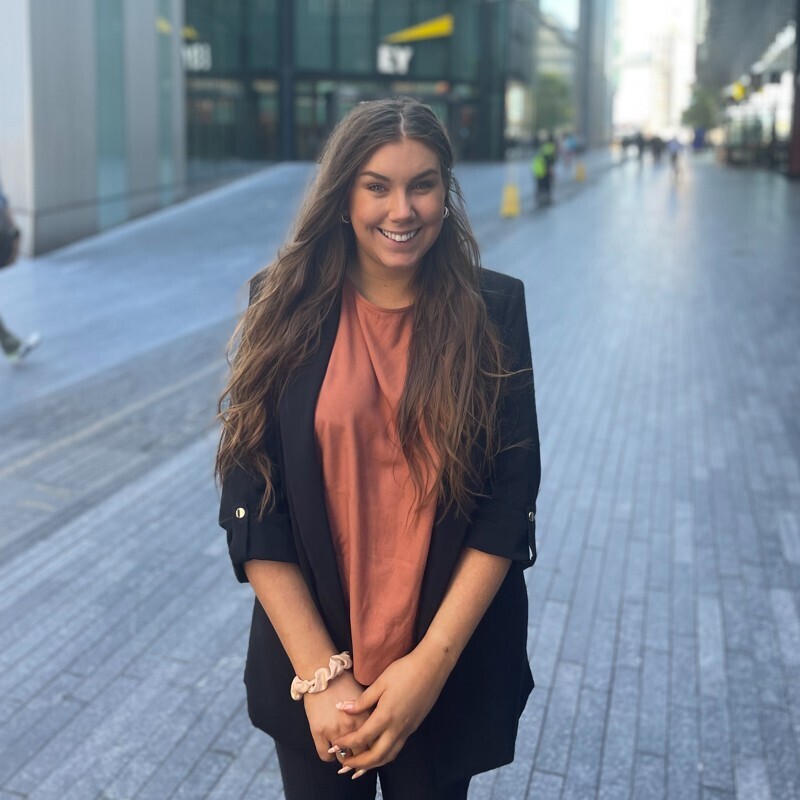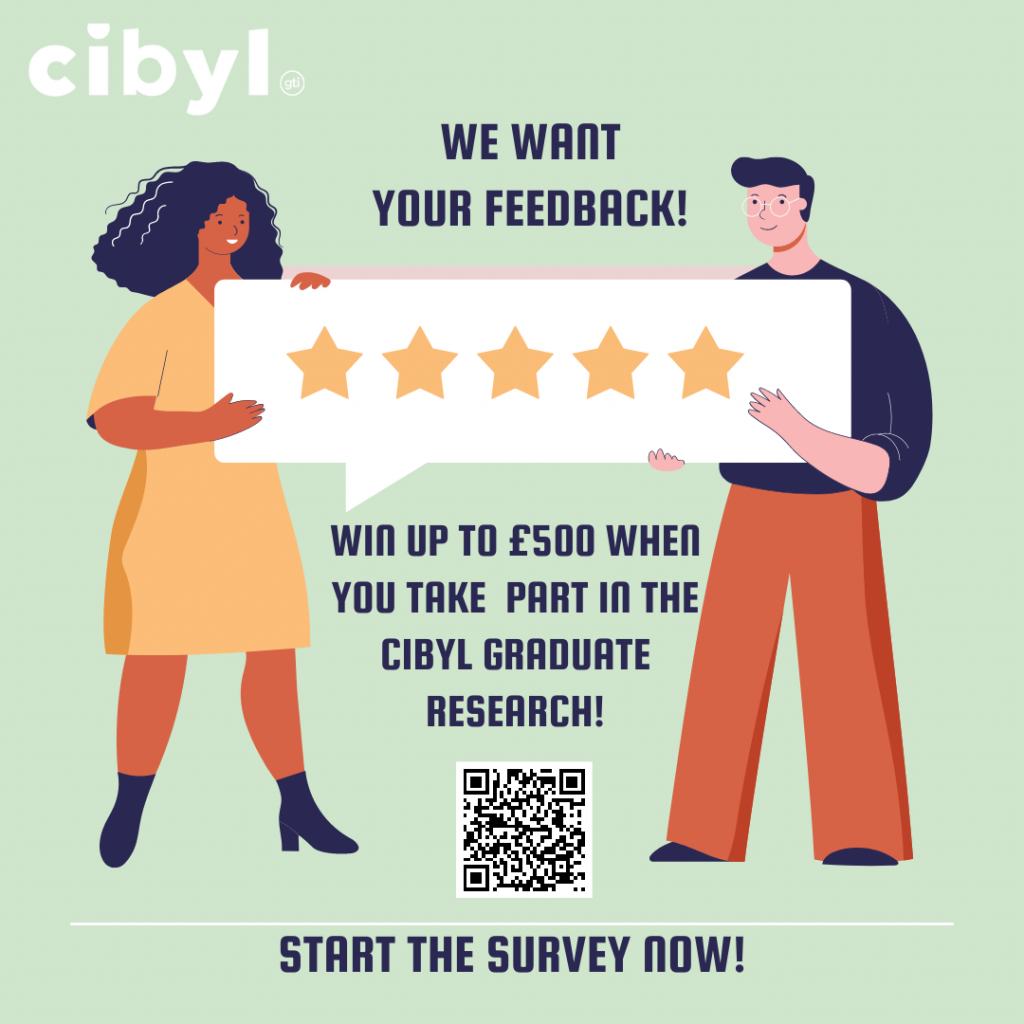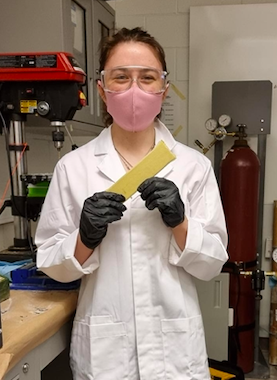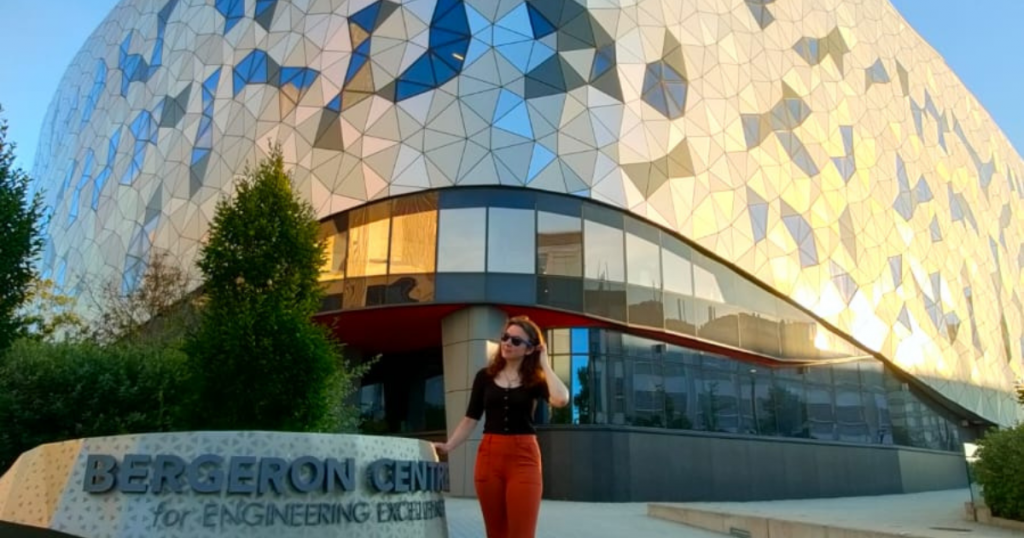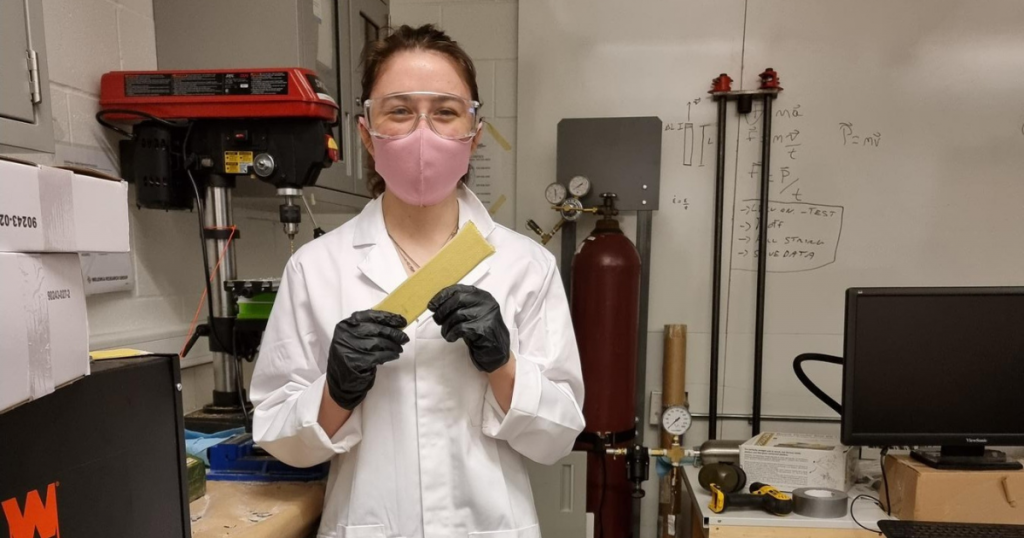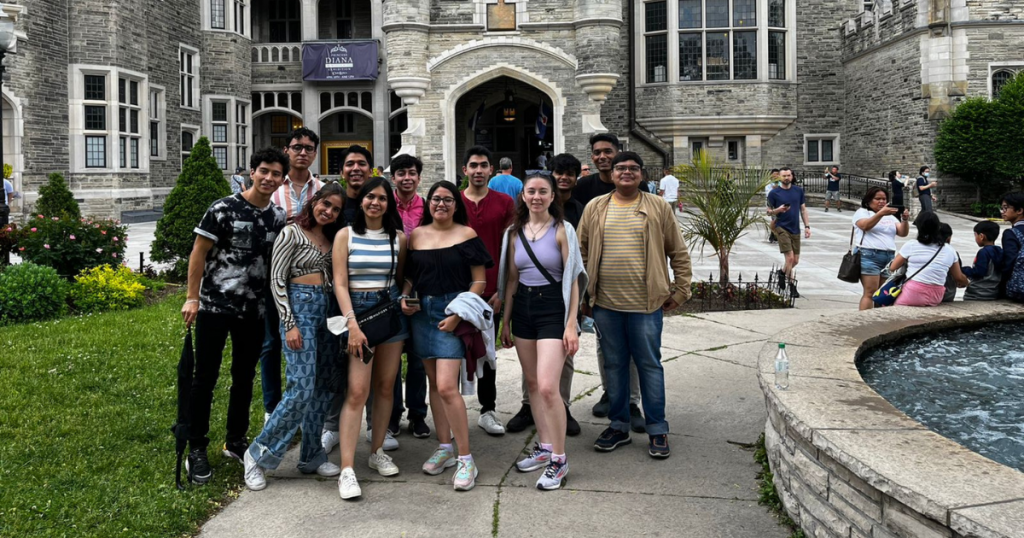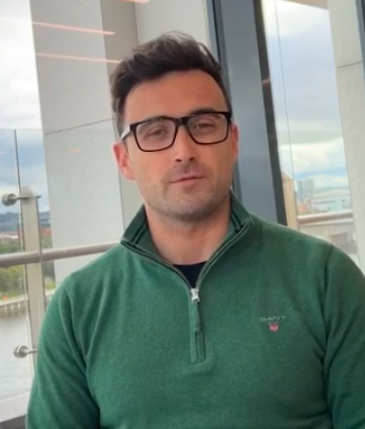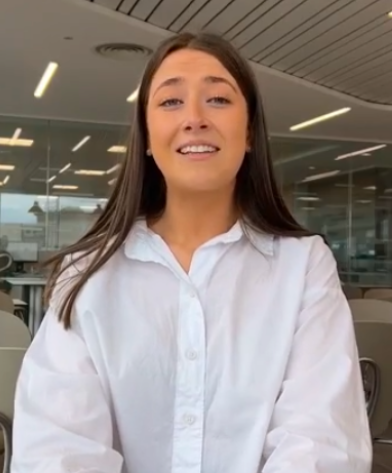PREPARE FOR THE FAIR:
CLICK ON “MEET THE EMPLOYERS”, CHECK & EDIT YOUR PROFILE:
Browse the employer booths to check on who is coming, star your favourites and set up your profile (Tip: Upload your CV via your profile to share it with relevant employers).
AT THE LIVE FAIR:
CHAT WITH EMPLOYERS VIA LIVE VIDEO CHATS – YOU HAVE TWO OPTIONS:
- GROUP CHATS: Just click on Group Chat for the relevant employer in the list to view instructions/click on meeting links.
- ONE-ON-ONE CHATS: Some employers are offering both 1 on 1 and Group chats. You can join up to three 1 on 1 chats at a time. Make sure to check your progress/wait time through 1 on 1 queue(s).

TIPS FOR MANAGING YOUR PROGRESS IN ONE-ON-ONE QUEUE(S)
- JOIN QUEUES WITH DIFFERENT WAIT TIMES. MyFuture will keep your place in each of these for you. When you see your wait time is down to 5 minutes – you are next and could be called in at any moment! You can check on your progress up through 1 on 1 queues via the tab beside “Meet the Employer Exhibitors”.
- STAY ALERT TO A QUEUE WHERE THE WAIT TIME IS DOWN TO 5 MINUTES OR LESS. When the employer is ready, you will see a “come in and meet me” invite from them on your screen in their queue. Just click it and follow the join instructions to take you into the 1 on 1 virtual meeting room.
- WARNING: If you do not accept/click on the invite within two minutes, the employer will move on to the next student in the queue.
- YOU CAN ALSO MANAGE YOUR TIME BY ATTENDING A GROUP CHAT IF YOU ARE WAITING FOR A 1 ON 1 QUEUE WITH A WAIT TIME OF MORE THAN 20 MINUTES

OTHER TIPS:
YOU CAN ALSO BROWSE THE EMPLOYERS JOB ADVERTS AND PROFILE VIA THEIR VIRTUAL BOOTH (including during the days before the fair goes live)
NEED SOME TECHNICAL HELP DURING THE 3.30PM TO 6PM ONLINE ELEMENT OF THE SPRING FAIR?
- Technical help will be available to students for the duration of the online element of the Fair via the Careers Service booth Group Chat.

